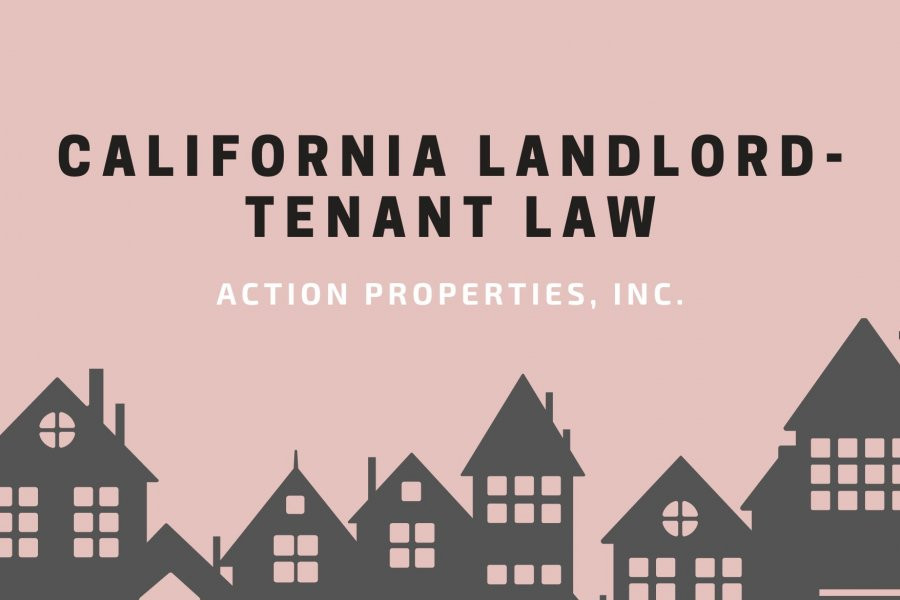California Landlord Law Changes in 2025: A Comprehensive Guide
The year 2025 brings a wave of new legal requirements for California landlords, impacting various aspects of property management. From security deposit documentation to screening fee policies and expanded protections for domestic violence survivors, landlords must stay informed to ensure compliance. This comprehensive guide delves into the key changes, offering clarity and practical insights to navigate the updated legal landscape.
Security Deposit Documentation: AB 2801
Starting April 1, 2025, AB 2801 mandates significant changes to security deposit documentation. Landlords are now required to photograph rental units before and after any repairs or cleaning at move-out. For tenancies commencing July 1, 2025, or later, move-in photos are also mandatory. These photographs must accompany itemized statements provided to tenants and can be delivered electronically or via flash drives. The law also clarifies that deductions cannot be used for property improvements and requires written explanations of all repair and cleaning costs. These new regulations ensure transparency and accountability in handling security deposits.
Implications for Landlords
Landlords need to implement new procedures for taking and storing photos, creating itemized statements, and adhering to the new delivery methods. Failure to comply can result in penalties and legal challenges. This requires a shift in documentation practices, necessitating thorough training for staff and potential investment in new technology.
Fee Restrictions and Military Protections: SB 611
Effective January 1, 2025, SB 611 prohibits landlords from charging fees for delivering termination notices or accepting rent payments by check. The law also introduces stricter regulations on security deposits for military service members starting April 1, 2024. Landlords are required to provide detailed disclosures when higher deposits are based on factors like credit history. These changes aim to alleviate financial burdens on tenants, particularly those serving in the military.
Impact on Military Personnel
The changes under SB 611 directly benefit military personnel by reducing financial barriers related to housing. Clearer and more transparent security deposit policies ease the challenges often faced by service members who relocate frequently.
Screening Fee Reforms: AB 2493
AB 2493 introduces significant reforms to screening fees. Landlords charging these fees must choose one of two policies: either a flat fee or a capped percentage of the first month’s rent. This regulation aims to prevent excessive charges and promote fairness in tenant screening.
Positive Rent Payment Reporting: AB 2747
Beginning April 1, 2025, landlords of properties with 16 or more units must offer tenants the option to have on-time rental payments reported to credit agencies. This provision extends to smaller properties owned by corporations, REITs, or LLCs with at least one corporate member. The law includes fee limitations and tenant notification requirements, promoting financial transparency and responsible rental history.
Credit Reporting Advantages
For tenants, this positive reporting mechanism can improve their credit scores, opening doors to better financial opportunities. For landlords, this provides another layer of data to better assess tenants' financial responsibility, helping inform decisions during the tenant selection process. The added transparency benefits both sides of the landlord-tenant relationship.
Expanded Protections for Domestic Violence Survivors: SB 1051
SB 1051 expands protections for domestic violence survivors. When the perpetrator isn't a co-tenant, the law extends lock-change protections to immediate family and household members. Landlords must respond to requests within 24 hours and cover the costs. The law also broadens acceptable documentation and prohibits discrimination against prospective tenants based on their survivor status or use of these protections.
Balcony Inspection Extension: AB 2579
The deadline for mandatory balcony inspections has been extended to January 1, 2026. This applies to multifamily buildings with three or more units possessing balconies, decks, porches, or similar structures relying on wood or wood-based materials for support, elevated more than six feet and designed for human occupancy. This extension provides additional time for property owners to comply with safety regulations.
Navigating the Changes: Resources and Support
The California Apartment Association (CAA) offers valuable resources to aid landlords in navigating these legislative updates. Their website, caanet.org, provides updated forms, educational materials, and insights papers to facilitate compliance. The CAA also offers webinars and training sessions—including a comprehensive 2024 Year End Compliance Review—to equip landlords with the necessary knowledge and tools to effectively manage the new regulations. These resources are invaluable for ensuring compliance and minimizing potential risks.
The CAA's commitment to helping landlords navigate the complexities of California's ever-evolving rental housing laws is evident in their provision of these resources. By investing in staying up-to-date through these resources, landlords can safeguard their operations and demonstrate compliance with the latest legal standards. This proactive approach ensures not only legal adherence but also fosters positive relationships with tenants, promoting mutual respect and trust within the rental housing sector. These measures protect both tenants' well-being and landlords' interests in navigating these regulations effectively and fairly.
















